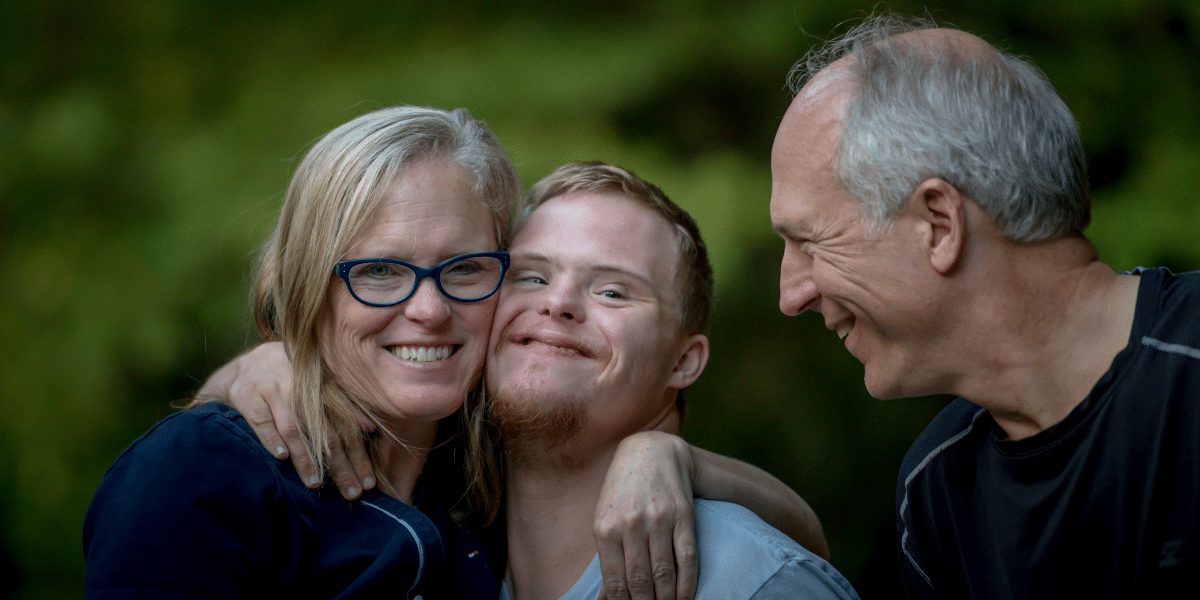As the population ages, more New Yorkers consider home care a viable option to maintain a comfortable quality of life in their golden years. This blog post aims to demystify the process of understanding and accessing home care services in New York, ensuring that seniors and their families can make well-informed decisions about their care options.
Understanding Home Care Services in New York
Home care encompasses a range of services designed to support seniors in their homes. These services can include medical care provided by licensed health professionals, assistance with daily activities like bathing and dressing, and even companionship. Unlike nursing homes or assisted living facilities, home care is personalized and administered in the client’s living space, offering a unique blend of convenience and personalized attention. Understanding these options is the first step towards making an informed decision that aligns with the senior’s needs and preferences.
Recognizing how home care differs from other senior care options is crucial. While facilities like nursing homes provide round-the-clock care in a communal setting, home care is often more flexible, allowing for adjustments based on the individual’s specific requirements and changes in their health status. This flexibility can help seniors maintain a sense of independence and comfort, which is vital for their mental and emotional health.
The Benefits of Home Care for New York Seniors
Opting for home care offers multiple advantages. It allows for care tailored to the individual’s specific needs and preferences, which can significantly enhance their quality of life. The familiar environment of home can help reduce feelings of disorientation and anxiety, particularly among seniors with cognitive impairments such as dementia. Moreover, remaining in a personal space allows seniors to maintain their routines and social connections, essential aspects of emotional health.
The personalization of care also means that services can be adjusted as seniors’ needs evolve. This can lead to better health outcomes, as caregivers can focus on providing specific treatments and day-to-day support tailored to the individual. Additionally, home care often involves a consistent caregiver, which can build trust and companionship, further enhancing the care experience for seniors.
Finding Home Care Providers in New York
Finding a trustworthy home care provider is crucial, as the demand for and diversity of services underscore the importance of New York home care services. Start by seeking referrals from healthcare providers or friends who have had positive experiences. Ensure that any home care agency or caregiver has the credentials and certifications required by New York State. Conducting interviews and even background checks is essential for families to ensure that their chosen provider is reputable and capable of meeting their needs.
The stringent standards expected of home care service providers are essential for maintaining the high quality of care that New Yorkers need and deserve. This due diligence helps families feel more confident in their choices and ensures their loved ones receive the best care. In a bustling and diverse city, securing a reliable and high-quality home care provider cannot be overstated, making it a critical factor for families navigating their care options.
Evaluating Your Home Care Needs
Determining the right level of home care depends on several factors, including the senior’s health status, mobility, and daily activity needs. A more comprehensive care plan may be necessary for those with chronic conditions or significant mobility limitations. Families should consider the physical needs and the mental and emotional support their loved ones might require, which can be just as crucial for overall well-being.
In New York, residents can obtain a needs assessment through local health services or aging agencies, which can guide the family in choosing the appropriate level of care. These assessments are crucial as they provide a professional evaluation of the senior’s condition and help outline the beneficial services. This step is fundamental in ensuring that the care provided matches the actual needs of the senior, avoiding under or over-provision of services.
Legal and Practical Considerations
When arranging for home care, it’s essential to understand the legal rights of seniors receiving care and any contractual obligations involved in hiring a home care provider. Drafting a detailed care agreement is advisable; this document should outline the scope of services, hours of care, and financial arrangements. Establishing clear legal and practical parameters is essential to protecting seniors and caregivers.
Additionally, integrating a caregiver into a senior’s daily life requires clear communication and set expectations to ensure a smooth transition and effective care. Families should discuss boundaries, the senior’s preferences, and any specific routines that must be maintained. Regular meetings can also be helpful to assess the ongoing relationship and adjust the care plan as necessary. Such transparency can foster a supportive environment conducive to the senior’s health and happiness.
Summary
Securing the right home care services in New York requires careful planning and consideration. Still, it can significantly enhance the living conditions and overall well-being of seniors wishing to remain home. By taking the necessary steps to understand the options available, assess needs adequately, and arrange suitable funding, families can provide their elderly loved ones with the support they need to enjoy a high quality of life in their later years.
Home care is not just a service but a commitment to enhancing the lives of seniors by respecting their desire to stay in their familiar environment while receiving the necessary support. This approach honors their independence and promotes a healthier, more satisfying life as they age.
Published by: Martin De Juan


















